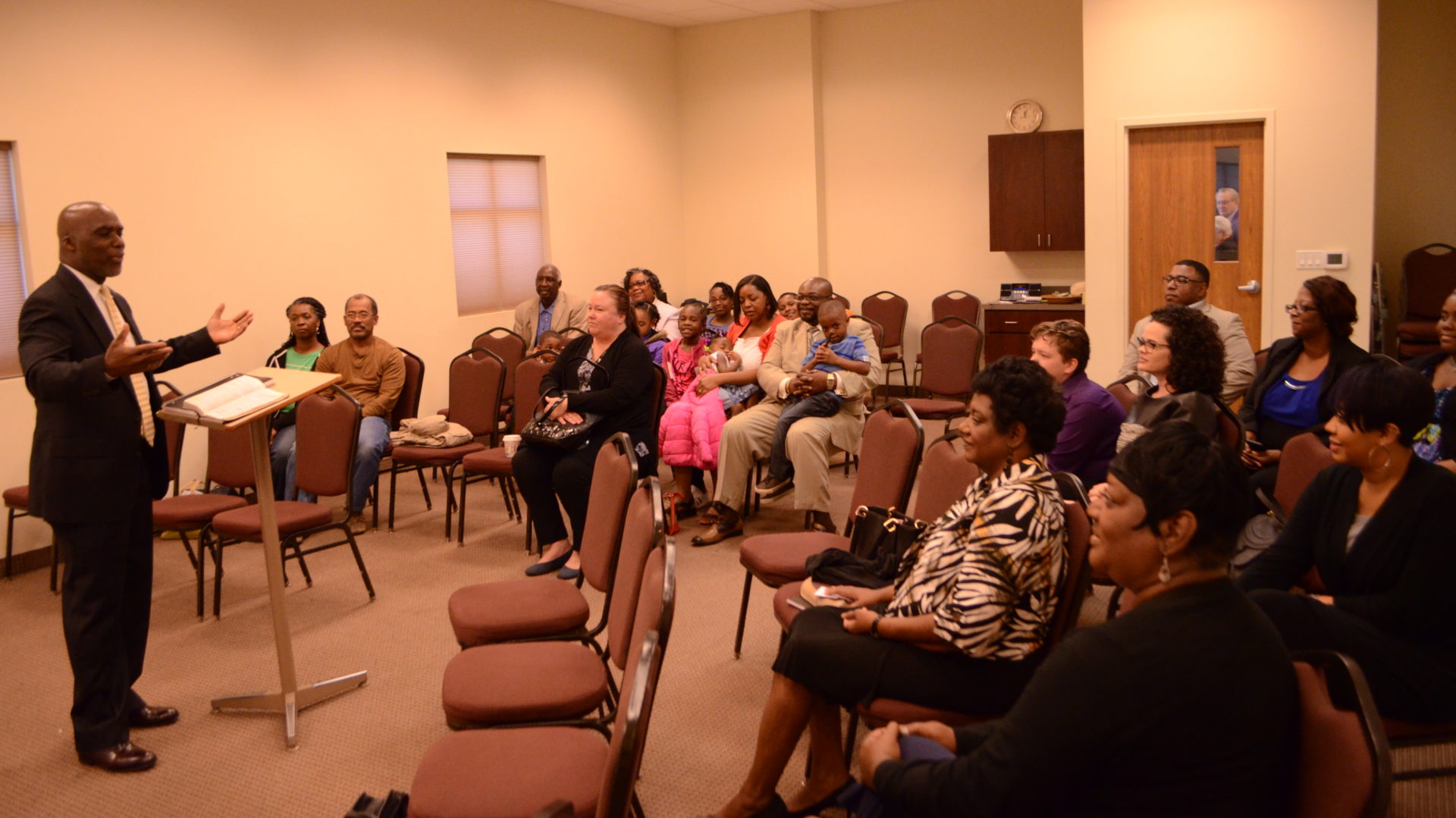A key question for our initial session is: “How do we plant and develop a thriving multiracial church in a segregated minded and racially divided city?
I believe that if we are going to be effective in our effort to plant a healthy multiracial congregation in the Eastchase area of Fort Worth, we cannot ignore the powerful historical and social forces that have been at work for several centuries in America to keep racial groups separated. To deny that Americans have been conditioned over the years to accept racial segregation as normal is to seriously undermine the quality and effectiveness of our plant.
Those who question the segregated mindset of our city only need to look at the kind of churches we have attended over the years and look at the schools where our children and grandchildren attend. Take a careful look also at the neighborhoods we live in. Each of us should also evaluate our cross-cultural ex-
periences since our childhood. Many of our choices in living where we do, center on us voluntarily confining ourselves to be with people who are primarily like us. If we are still skeptical concerning how much we have been conditioned racially, look at your close relationships and your preferences in movie and television viewing as well as the music you listen to.
If we really believe in serving in a multiracial congregation, why have we settled for staying in single race congregations. I want to call us to something new and different and at the same time it is as old as the Christian Church. It is the church in her infancy in the Book of Acts (chapters 2, 4, 6, 8, 13 etc.). Join me in giving this church plant our best effort at being more Biblical and much more pleasing to God.
Think about this, Jesus gave the Great Commission to twelve Jewish disciples. These men were all from the same ethnic group. But what was Jesus’ expectation with regards to who they were to reach? He commanded His disciples to “reach all people groups.” Jesus rejected our premise that we are only responsible to reach people like us. We much change the way we think about race if we are to impact our multiracial world.
When it comes to our gospel message as Protestant Evangelical types, there are serious contradictions related to how Christianity is practiced in America. Evangelicals say “we are one in Christ.” We also say that “God is not a respecter of persons.” God does not choose to bless us based on who we are or how we look or what we have. Christians hinder their witness when they “prefer people who look like them and show a lack of concern when people are racially different.
